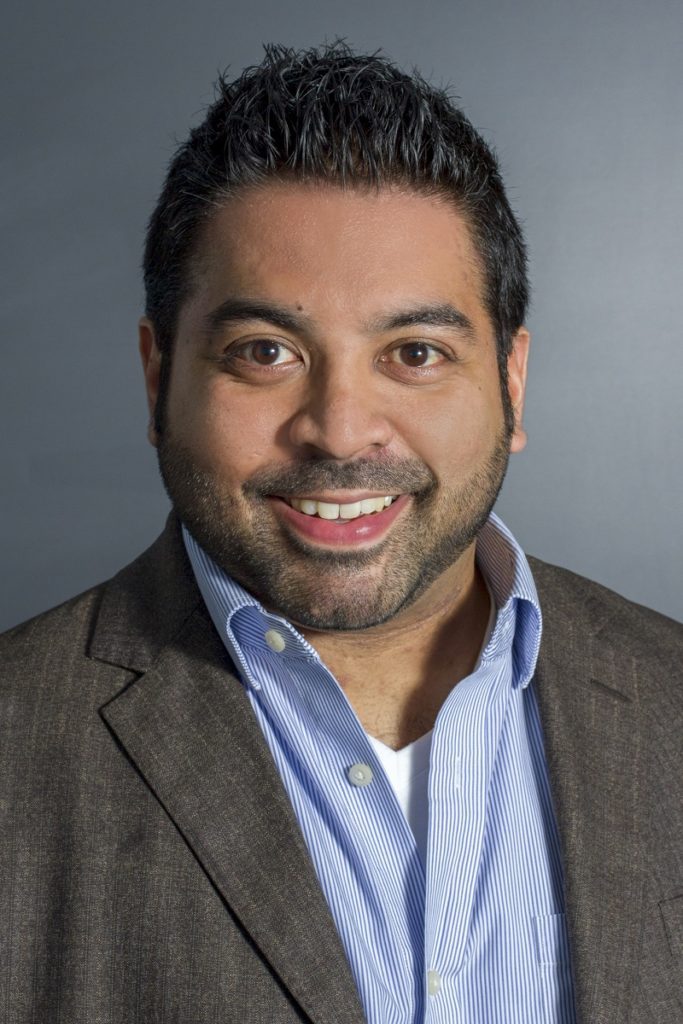Bryan Gopaul
Bryan Gopaul, a native of Toronto, Ontario, has experienced a profound intersection between his personal and professional contexts. As the son of a former teacher who experienced significant racism in the classroom and in the broader educational system, Gopaul explores issues of equity, privilege, and hierarchy in various educational contexts.
Gopaul’s research interests focus on the experiences of graduate students and the changing nature of faculty life and work. He employs critical theories of education and qualitative methodologies to explore issues of access and equity in graduate education, the employment of graduate students, the pipeline to the professoriate, and academic labour. Specifically, Gopaul has assessed the socialization of doctoral students in Engineering and Philosophy, governance reform and decision-making processes at universities in Kazakhstan, and the changing academic profession in Canada. His current research seeks to examine the experiences of post-doctoral researchers, links between faculty mobility and institutional leadership, and civic engagement priorities at research universities.
Previously, he completed a post-doctoral fellowship in the Graduate School of Education at the University of Pennsylvania, where he collaborated with colleagues in the United States and Kazakhstan, exploring higher education reform in relation to governance as well as financial aid and student mobility. In addition, Gopaul served as a graduate student representative for Division J (Postsecondary Education) of the American Educational Research Association (AERA) and facilitated multiple workshops for graduate students to encourage successful completion and post-graduate employment.
Gopaul has published in Educational Researcher; Higher Education; Equity and Excellence in Education; The International Journal of Doctoral Studies; The Journal of Higher Education Outreach and Engagement; Academic Matters; The Handbook of Engaged Scholarship: Contemporary Landscapes, Future Directions; and The Global University: Past, Present, and Future Perspectives. His research has been funded by the Social Sciences and Humanities Research Council of Canada (SSHRC).
